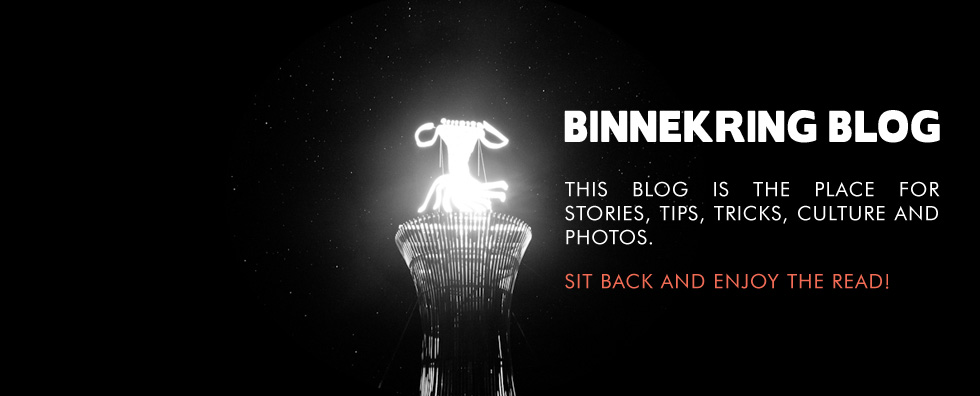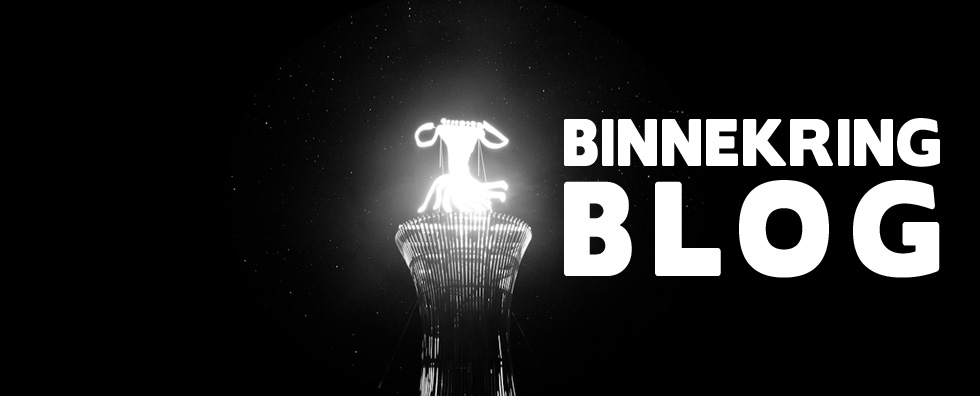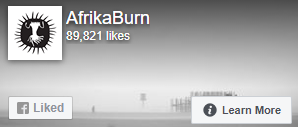BINNEKRING BLOG
Hard Questions #1 – Inclusion
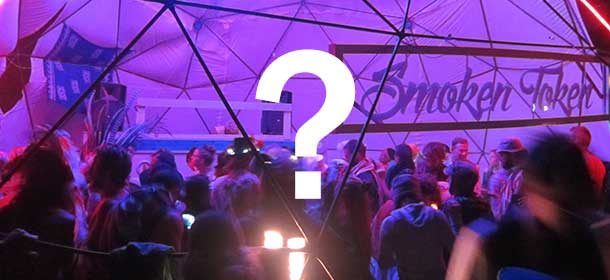
Words by Devin Isaacs and Travis Lyle
Photos by Devin Isaacs and Mads Nørgaard
The idea of inclusion sits front and centre of everything we do. “AfrikaBurn aims to be radically inclusive…” is one of the first lines anyone might read on our website. Radical inclusion? It’s one of the 11 principles that inform and guide this wild experiment in community and creativity. But in South Africa, as a country and society still reeling from the effects of a radically exclusive history, we still have a long way to go before the playing fields are level and everyone really is able to access the same shared experience.
This of course also applies to AfrikaBurn – after all, if you don’t understand why thousands of people would voluntarily take themselves into an extreme environment and subject themselves to heat, wind and dust, or you don’t have the means to access the event by packing a vehicle full of survival gear, then the event and its culture will remain inaccessible to you.
That’s fine if you’re not particularly interested in it – it doesn’t appeal to everyone – but what are the aspects, visible or not, that deny people a sense of belonging, or being able to feel like the AfrikaBurn event offers them a space where their needs are considered and their participation is valued in a community they can relate to and feel genuinely part of?
To kick off our Hard Questions series of blogposts (where we dig into the challenges our event presents when we try to combine ideals and reality) we’re inviting members of our community to share their experiences. We invite you to read through them, and consider how their lived experience may differ from yours.
This, our first piece in the series, is from longstanding creative contributor Devin Isaacs, who in his time as a participant and volunteer has brought much joy and music (and a mutant vehicle) to Tankwa Town, as a key player in Camp Smoken Token.
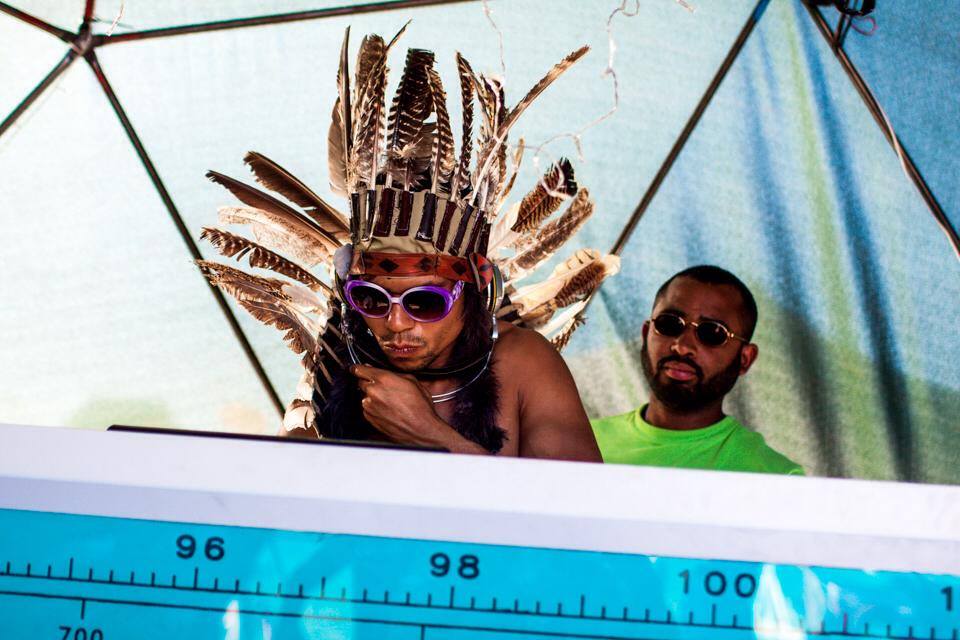
Hard Questions #1 – Notes on Inclusivity
Inclusivity is highly relevant within the South African context due the racial exclusivity that has been actively enforced for 100’s of years in this country. Inclusivity is about more than just race, it extends to gender, LGBTQ, people with disabilities and in general, people from cultural groups that are different from the majority and naturally people with different views and experiences of the world.
In terms of inclusivity, the most pressing issue within the context of AfrikaBurn and across South Africa, is race. Let’s call a spade a spade.
In practical terms inclusivity within the context of AfrikaBurn is not purely the pursuit of “more black faces at the Burn”. However, the fact that the majority of faces at the Burn are white and the economic background is privileged is problematic since this is the apartheid model. In addition, western media which is widely consumed by South Africans, consistently portrays white as beautiful and “correct” and a white grey-haired (bearded) male as the default description of a wise and powerful man (not woman – overlap with gender issues). If you would like evidence to support this statement turn on DSTV go to the movie channels and make a short assessment of the characters and the narrative by looking through a racial lens. The conclusions that can be drawn from the media are: white is right, white is beautiful, black is ugly, curly hair is ugly, light straight hair is beautiful, men are leaders, women subservient to men, etc.
The practice of inclusivity at AfrikaBurn, the event and the organisation, actively pursues making these views obsolete and takes a radical approach to achieving this objective.
Discussions within the AfrikaBurn community usually revolve around whether this is issue is relevant or not. A common response to the issue of race is: “I don’t see colour”. This is an outright lie. Colour-blindness is a medical condition, and it does exist as such, but when on the topic of race to say you don’t see colour is a false statement. Melanin that produces skin tone is what makes skin lighter or darker, this is a scientific fact. We all see colour… the sky is blue, my car is green. Not being on the receiving end of discrimination, whether racial, gender, LGBTQ or for reason of disability is not evidence to support the point that discrimination doesn’t exist.
It is time for AfrikaBurn to listen and understand the experiences of marginalised groups in a constructive and meaningful way.
– Devin Isaacs
Would you like a podcast with that? No problem, here’s a session recorded on December 4th, with Devin Isaacs, Monique Schiess, Mila Rose Heneck and Adetola Okunlola, which saw members of our community and crew discuss Inclusivity further:
Got a Hard Question you’d like to ask, or answer?
AfrikaBurn is a community that welcomes, encourages, and actively pursues participation in the event and organisation from diverse cultural, economic and racial groups that identify with the AfrikaBurn principles. To create the world anew by breaking down baseless prejudices and stereotypes that marginalise people. To be radical in our approach to tackling issues related to inclusivity. Simply, to include – and this means anyone, regardless of colour, gender, ability or culture.
To that end, we invite you – the reader – to send in your experiences, so that we as a community can open up discussions – after all, it’s your AfrikaBurn, and this is your space to get your point across.
In this ongoing series, we’ll be calling out for pieces on specific themes, but you’re also welcome to put anything forward for consideration. Let’s hear what you have to say – mail us your Hard Question blogposts at [email protected]

